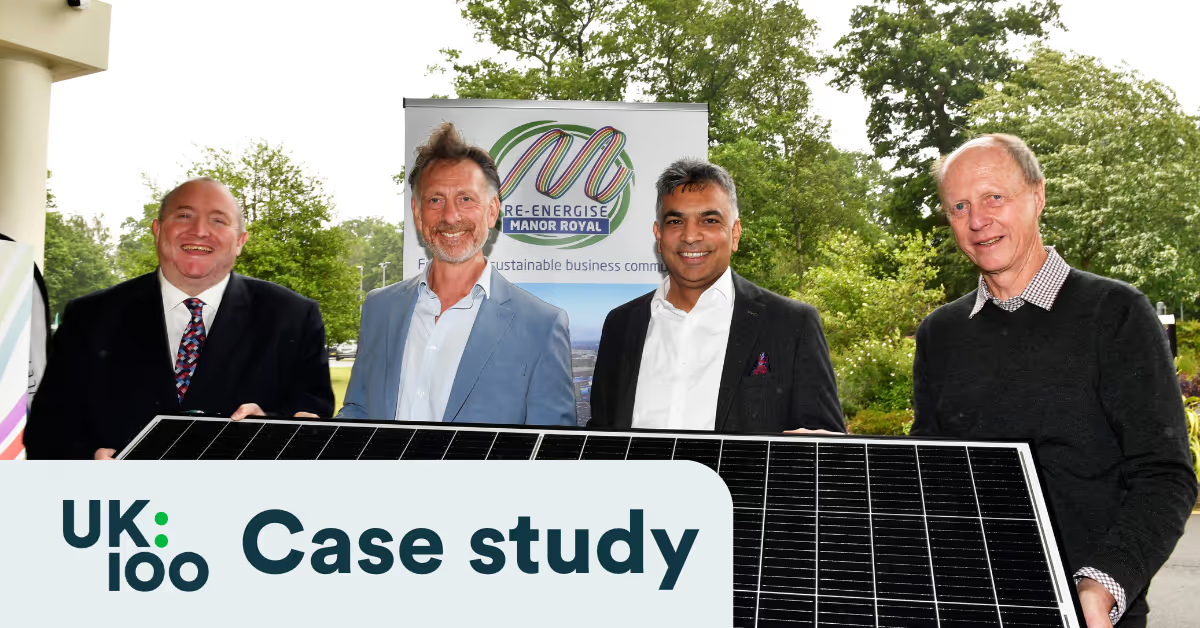UK100 response to ESNZ Committee inquiry on unlocking community energy at scale
In UK100's response to the Energy Security and Net Zero Committee's inquiry on community energy, we outlined five key priorities: establishing a stable policy environment through a national strategy, creating consistent funding streams, streamlining planning processes, building a sustainable and inclusive market with proper financial incentives, and enhancing technical support. As a network of 116 local authorities committed to rapid net zero transition, we emphasised the critical role of local leadership in scaling up community energy projects.

.svg)
UK100 has submitted a response to the Energy Security and Net Zero Committee's inquiry on unlocking community energy at scale. The submission examines how to expand and strengthen community-led energy projects across the UK.
As a network of 116 local authorities committed to rapid net zero transition, UK100 outlined five key priorities for reform:Creating a stable policy environment through a long-term national community energy strategy Establishing consistent, long-term funding streams for councils and community energy groups Streamlining planning processes for renewable energy infrastructure Building a sustainable and inclusive community energy market through comprehensive incentives Enhancing technical support and training for community organisations
UK100 highlighted several critical recommendations:Reintroducing effective financial incentives like feed-in tariffs Creating dedicated funding streams for project development Supporting local authorities as key conveners between businesses, training providers and communities Developing regional specialisation and training hubs Establishing mechanisms for knowledge sharing and best practice Reforming grid connection processes to reduce costs and delays Formally recognising local benefits in planning decisions
The submission showcased successful initiatives including Bath and West Community Energy, Plymouth Energy Community, and the Hackney Community Energy Fund as examples of effective local delivery. UK100 emphasised that community energy projects not only support decarbonisation but also deliver significant local economic and social benefits through job creation, skills development, and energy bill reduction.
Overall, UK100 called for a transformation in how community energy projects are supported and delivered, with local authorities playing a central role in creating sustainable, community-owned clean energy systems that benefit local areas while contributing to national net zero goals.
.svg)


.png)

.avif)



